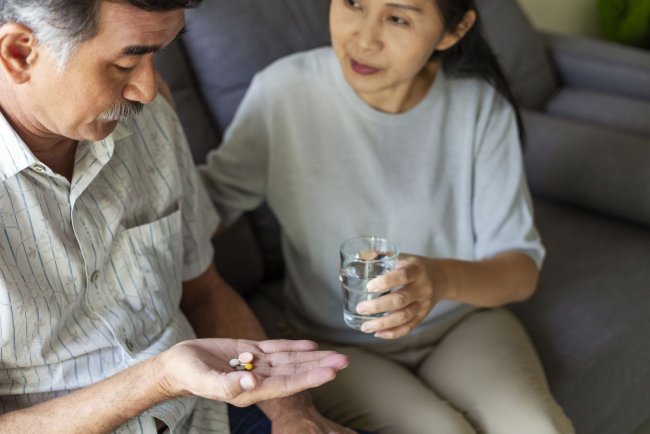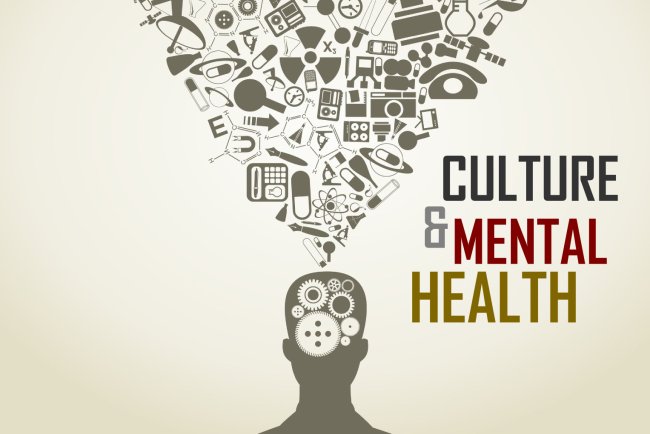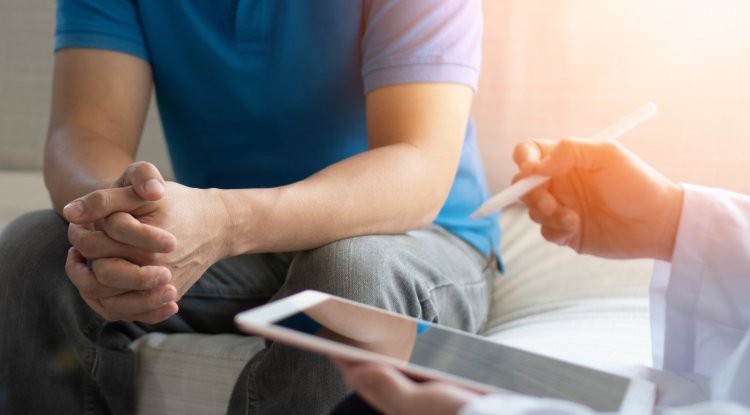Is It True That Blue Light-Blocking Glasses Improve Your Sleep? What Experts Say, the Skepticism, and the Science
I was intrigued—but also dubious—when my brother casually said that he had been sleeping better ever since he got new prescription glasses with a blue light filter. Rather than doom-scrolling before bed or binge-watching Netflix under the covers, he wears his glasses primarily during the day when working on screens. I then started to question if wearing blue light-filtering spectacles throughout the day would actually help you sleep better at night. Or is it really a sophisticated placebo presented in fashionable frames?
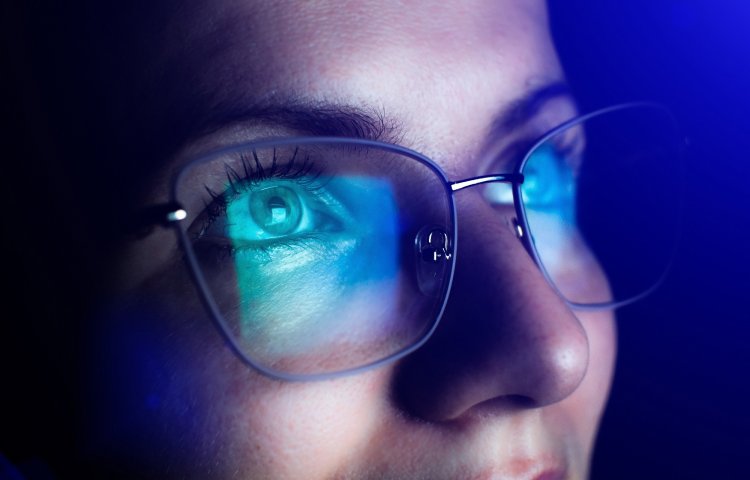
I spoke with specialists who dedicate their lives to researching how light disrupts (or enhances) our sleep in order to find the answer.
In any case, what is blue light?
Let us begin with the fundamentals.
You can observe the individual wavelengths of white light when you pass it through a prism and watch it transform into a rainbow. With wavelengths ranging from about 450 to 495 nanometers, blue light is located near the violet end of the rainbow.
Blue light is abundant in sunlight by nature, which is one of the reasons it keeps us attentive and awake. However, blue light is also absorbed by us from artificial sources, such as screens, LED lights, and overhead office lighting, which are now a part of almost every moment of modern life.
How Your Body Clock Reacts to Blue Light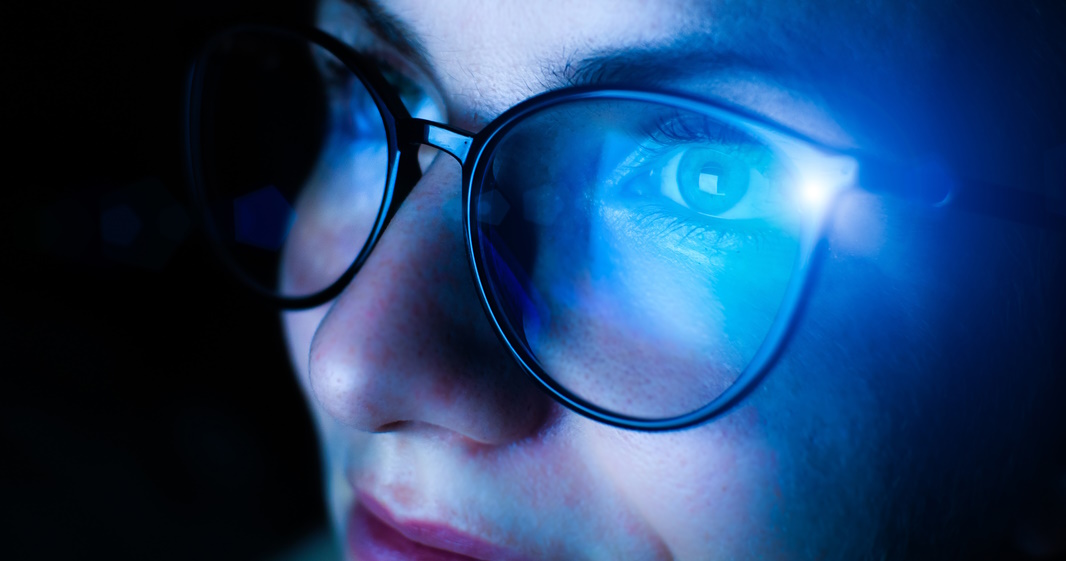
The interesting part is that light does more than just enable vision; it also instructs our bodies on nearly every bodily function.
Dr. Steven Lockley, a neuroscientist at Brigham and Women's Hospital, which is linked with Harvard, claims that light plays a major role in synchronizing our circadian rhythm, which is our internal 24-hour clock. Sleep and wakefulness, hormone release, digestion, and even mood are all regulated by this cycle. It is powered by unique photoreceptors in our eyes that are connected straight to the brain's sleep centers rather than to our eyesight.
The melanopsin pigment found in these photoreceptors is most sensitive to—you guessed it—blue-green light, particularly at wavelengths of about 480 nm. These cells deliver messages to suppress the sleep hormone melatonin and keep you awake when they detect light.
That is advantageous during the day. However, exposure to blue light in the evening can cause your brain to believe that it is still mid-afternoon, which can cause lighter rest, delayed sleep, and even disturbed REM cycles.
Could Blue Light Glasses Be the Answer?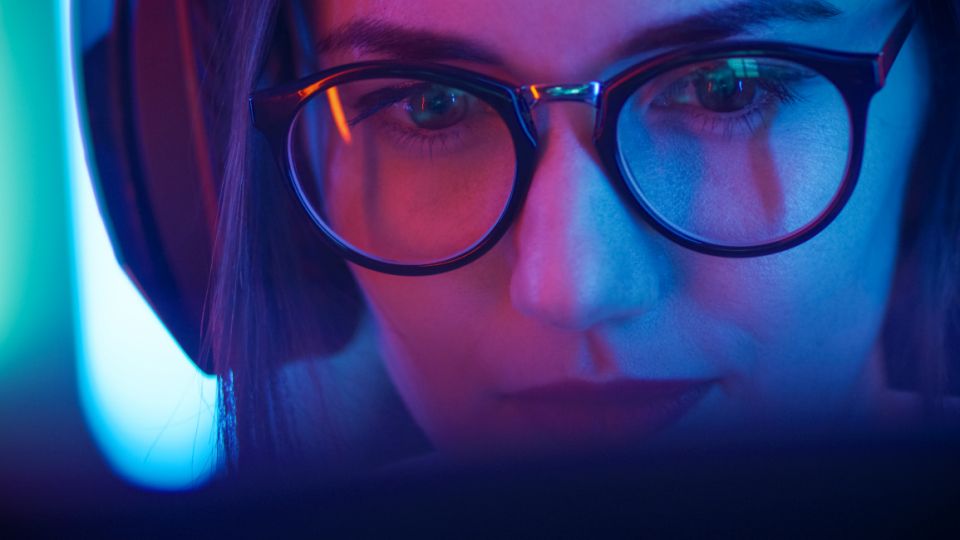
Therefore, it makes obvious that eliminating blue light could be beneficial if it inhibits melatonin and keeps us wired. The hitch is that, unlike my brother's study, the majority of studies concentrate on blue light exposure during the evening or night.
Dr. Lockley advises against making hasty judgments, even if a recent assessment suggested that blue light-blocking eyewear might be helpful for those who suffer from sleeplessness. Why? Because:
We do not know which wavelengths blue light glasses genuinely block because most of them are not standardized.
Many filters might simply lessen glare that is visible, not the kind of light that has an impact on your circadian rhythm.
The duration and timing of the participants' exposure to light, as well as whether it came from screens or natural sources, are not usually explained by the research that is now available.
Translation? The verdict is still pending. When you wear the glasses may be more important than whether you use them at all if improving your sleep is your primary objective.
How to Get a Better Night's Sleep Without Using Expensive Lenses
Filtering your displays after sunset is a wise first step if you want to improve your quality of sleep. Experts advise the following:
Avoid using screens two to three hours before bed, or at the very least, put them in Apple's "Night Shift" mode or use a tool like f.lux that makes the screen's light warmer at night.
Throughout the day, especially in the morning, take use of the natural light. The best way to set your internal clock is with sunlight, which can also reverse the effects of blue light exposure later on.
In the evening, turn down the overhead lights and think about switching from bright LEDs to warm-colored bulbs that simulate candlelight.
So, was my brother's experience only a placebo?
Maybe. Perhaps not.
Since he loves to read paper books before bed and does not use screens much at night, it is probable that his better sleep is due to less eye strain from his new prescription rather than the blue light filter.
However, lowering visual fatigue from extended screen time might make your body feel less agitated and more at ease, which may improve your quality of sleep at night on its own.
In conclusion, blue light spectacles can be useful, particularly at night. But in the daytime? The advantages may have less to do with regulating your circadian clock and more to do with comfort and screen fatigue.
What's Your Reaction?









